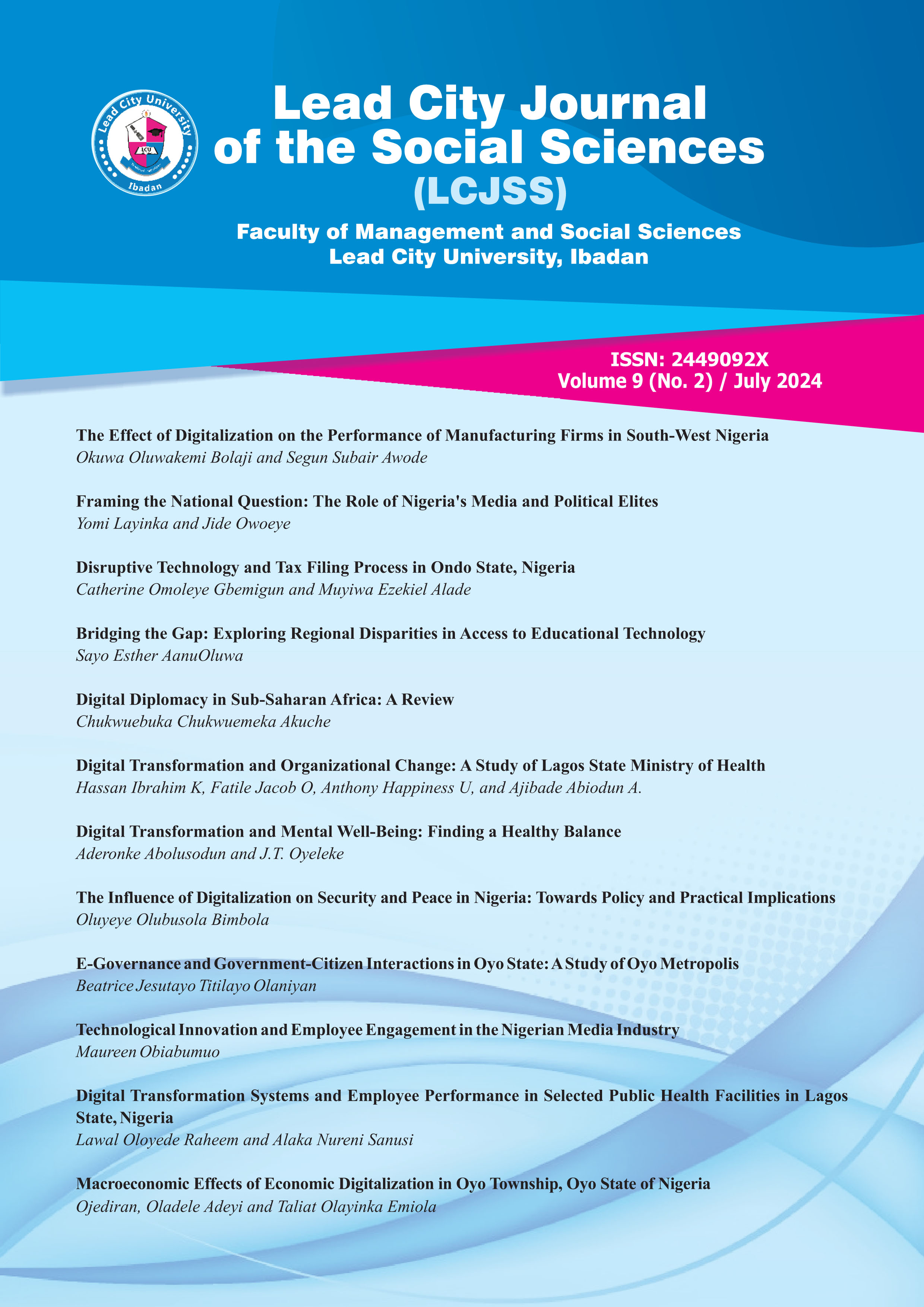Digital Transformation and Mental Well-Being: Finding a Healthy Balance
Keywords:
Digital transformation, Mental Health, Well-being, Social media, Work-life balanceAbstract
The rapid advancement of digital technologies has revolutionized various aspects of modern
society, including how we work, communicate, and access information. While these
innovations have brought numerous benefits, they have also raised concerns about their impact
on mental health and well-being. This paper presentation aims to explore the multifaceted
relationship between digital transformation and mental well-being, focusing on both the
positive and negative implications. In recent years, the proliferation of social media platforms,
online gaming, and digital communication tools has fundamentally altered the way individuals
interact and perceive themselves and others. On one hand, these technologies have facilitated
connections and provided platforms for self-expression, potentially enhancing social support
networks and overall well-being. However, excessive use and dependency on digital devices
have also been associated with negative outcomes such as increased feelings of loneliness,
anxiety, and depression. Moreover, the digitalization of work processes has transformed
traditional employment structures, offering flexibility and efficiency but also blurring the
boundaries between work and personal life. This phenomenon raises important questions about
work-related stress, burnout, and the erosion of work-life balance in the digital age.
Understanding the complex interplay between digital transformation and mental health is
essential for developing strategies to promote mental health and well-being in a rapidly
evolving technological landscape. By fostering interdisciplinary dialogue and collaboration,
this paper aim to uncover innovative approaches to harness the benefits of digitalization while
mitigating its potential harms on mental health and well-being.

